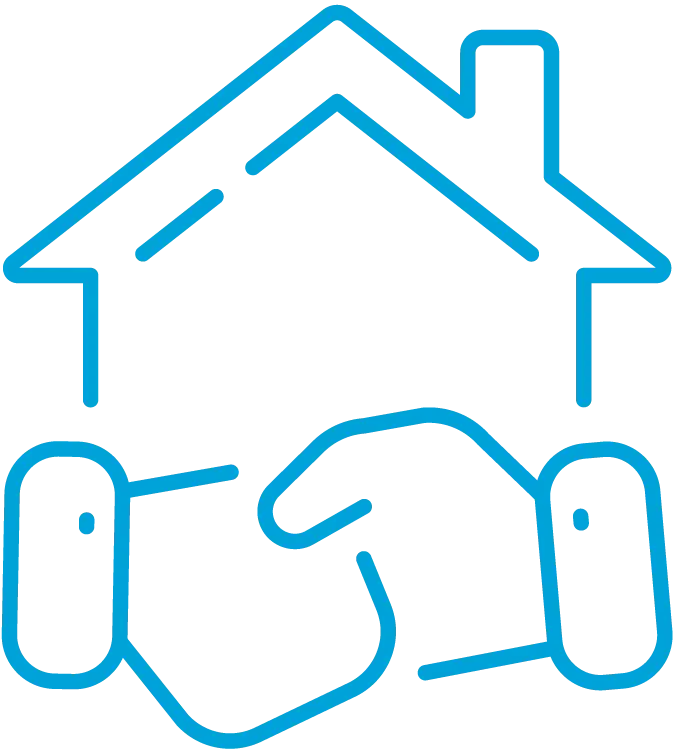
Conventional loans are often referred to as “conforming” loans because they conform to the guidelines set by Fannie Mae and Freddie Mac, two government-sponsored enterprises that purchase and sell conventional loans on the secondary market. Conventional loans typically require higher credit scores and down payments than government-backed loans, but they often have lower interest rates and fewer restrictions.
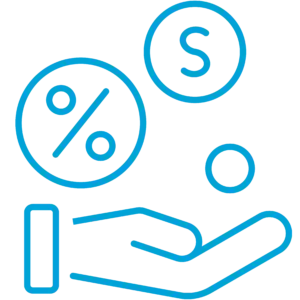
An FHA loan is a mortgage loan that is insured by the Federal Housing Administration (FHA), a government agency within the U.S. Department of Housing and Urban Development (HUD). FHA loans are designed to help low-to-moderate-income borrowers qualify for a mortgage by offering more lenient credit and income requirements compared to conventional loans.
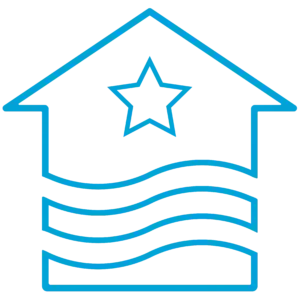
A VA loan is a mortgage loan that is guaranteed by the United States Department of Veterans Affairs (VA) and is available to eligible veterans, active-duty service members, and some surviving spouses. VA loans are designed to help veterans and service members buy a home with no down payment and at a lower interest rate compared to traditional mortgages.
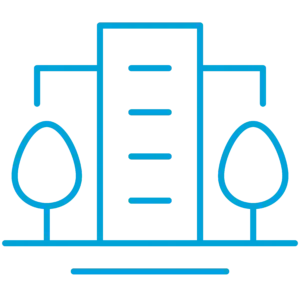
A HUD 184 loan is a type of mortgage loan that is available to Native American and Alaskan Native borrowers. The loan is backed by the United States Department of Housing and Urban Development (HUD) and is designed to provide affordable and accessible financing to individuals or families. The HUD 184 loan program offers low down payments, competitive interest rates, and flexible credit requirements to help Native American borrowers achieve their homeownership goals.
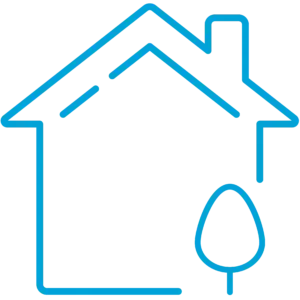
A USDA home loan is a mortgage loan guaranteed by the United States Department of Agriculture (USDA) and is designed to help low to moderate-income households in rural areas purchase a home. To be eligible for a USDA loan, the property must be located in an eligible rural area as defined by the USDA, and the borrower’s income must not exceed the area median income. USDA loans require no down payment and offer competitive interest rates, making them an attractive option for those who meet the eligibility criteria.
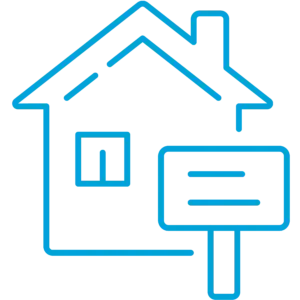
The Alaska Housing Finance Corporation (AHFC) offers a variety of mortgage programs to help Alaskans achieve their dream of homeownership. First-Time Homebuyers are individuals who have not owned a primary residence in the last three years. Eligible borrowers benefit from reduced interest rates.

The Alaska Housing Finance Corporation (AHFC) offers a variety of mortgage programs to help Alaskans achieve their dream of homeownership. This program provides special financing for veterans.

The Alaska Housing Finance Corporation (AHFC) offers a variety of mortgage programs to help Alaskans achieve their dream of homeownership. This program offers financing for eligible Alaskans living in rural areas, including low-interest rates, reduced closing costs, and down payment assistance.
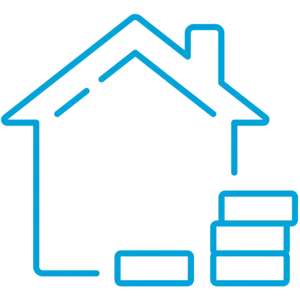
The Alaska Housing Finance Corporation (AHFC) offers a variety of mortgage programs to help Alaskans achieve their dream of homeownership. This program offers affordable financing with low interest rates and reduced down payment requirements for eligible borrowers.
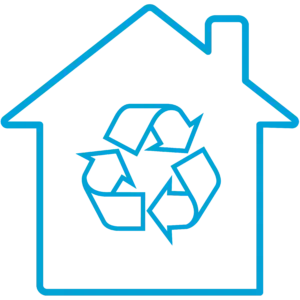
The Alaska Housing Finance Corporation (AHFC) offers a variety of mortgage programs to help Alaskans achieve their dream of homeownership. This program offers a reduced interest rate to borrowers who purchase or build a new home with energy-efficient features.
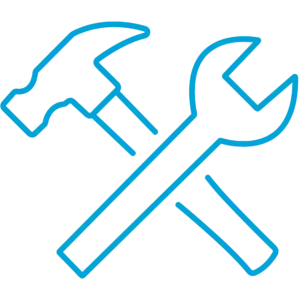
The Alaska Housing Finance Corporation (AHFC) offers a variety of mortgage programs to help Alaskans achieve their dream of homeownership. This program provides renovation options for both purchases and refinances.

Down payment assistance programs are designed to help eligible homebuyers with the upfront costs of purchasing a home, specifically the down payment and closing costs. These programs are typically offered by state and local governments and non-profit organizations.
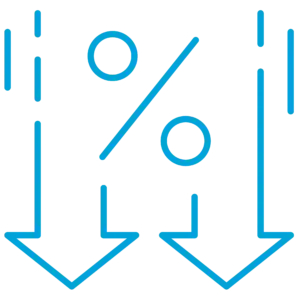
The Washington State Housing Finance Commission (WSHFC) offers two distinct loan programs, the Home Advantage program and the House Key program, aimed at making homeownership more accessible and affordable for Washington residents. Both programs emphasize financial education resources to empower buyers throughout the home buying process.
The Home Advantage program caters to a broader range of homebuyers, including first-time buyers, by providing various loan options such as conventional, FHA, VA, and USDA loans, accompanied by competitive interest rates and down payment assistance in the form of second mortgages.
The House Key program specifically targets low-to-moderate income households, offering fixed-rate loans with favorable terms and down payment assistance in the form of low-interest rate second mortgages or grants.

The Arizona Industrial Development Authority’s HOME Plus program is the only state-run homebuyer down payment assistance program statewide. Benefits include reduced mortgage insurance premiums on conventional mortgages.
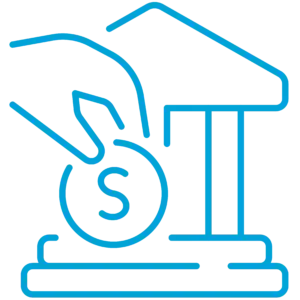
Homebuyers using one of our first mortgage loan programs to finance their home purchase are eligible to use Colorado Housing Finance Administration assistance options to help with down payment and/or closing costs. A Down Payment Assistance Grant may offer up to 3 percent of your first mortgage (example: get up to $6,000 on a $200,000 mortgage) with no repayment required.
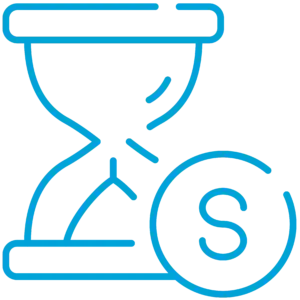
Homebuyers using one of our first mortgage loan programs to finance their home purchase are eligible to use Colorado Housing Finance Administration assistance options to help with down payment and/or closing costs. A Second Mortgage Loan offers up to 4 percent of your first mortgage (example: Get up to $8,000 on a $200,000 mortgage) with repayment of loan balance deferred until certain events, such as payoff of your first mortgage, or the sale or refinance of the home, or the home is no longer your primary residence.
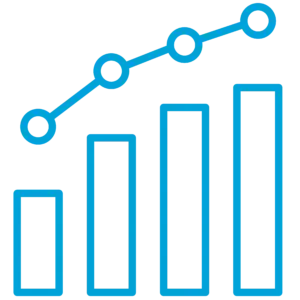
Alaska offers multiple opportunities for Down Payment Assistance, including the Home Opportunity Program, NeighborWorks Alaska, and the Cook Inlet Housing Lending Center. These programs provide down payment and closing cost assistance, provide loans with relatively low interest rates and aim to increase homeownership and help avoid monthly mortgage insurance.
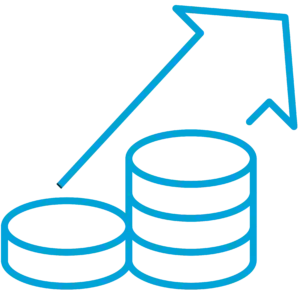
A jumbo loan is for higher balances beyond normal conventional limits for borrowers considering higher priced properties.
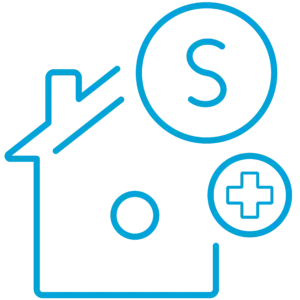
A mortgage medical professionals program is a special type of mortgage program that is designed for medical professionals, such as doctors, dentists, etc. These programs are designed to provide unique financing options and benefits for medical professionals who may have unique financial situations.
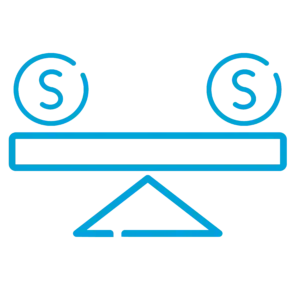
Non-QM loans, also known as non-qualified mortgage loans, are mortgage loans that do not meet the qualified mortgage guidelines set by the Consumer Financial Protection Bureau (CFPB). These loans are typically offered to borrowers who may not meet the strict lending criteria of traditional mortgages, such as those with unconventional income sources or lower credit scores.
Non-QM loans often have more flexible underwriting guidelines and may consider factors such as bank statements, asset depletion, or alternative income documentation when determining a borrower’s eligibility. These loans may also have higher interest rates and fees compared to traditional mortgages, reflecting the increased risk associated with lending to borrowers who do not meet the qualified mortgage standards.
While non-QM loans provide an alternative financing option for borrowers who do not qualify for traditional mortgages, they also carry higher risks for both borrowers and lenders. It is crucial for borrowers to carefully consider the terms and conditions of non-QM loans and ensure they can comfortably afford the loan payments before pursuing this type of financing.
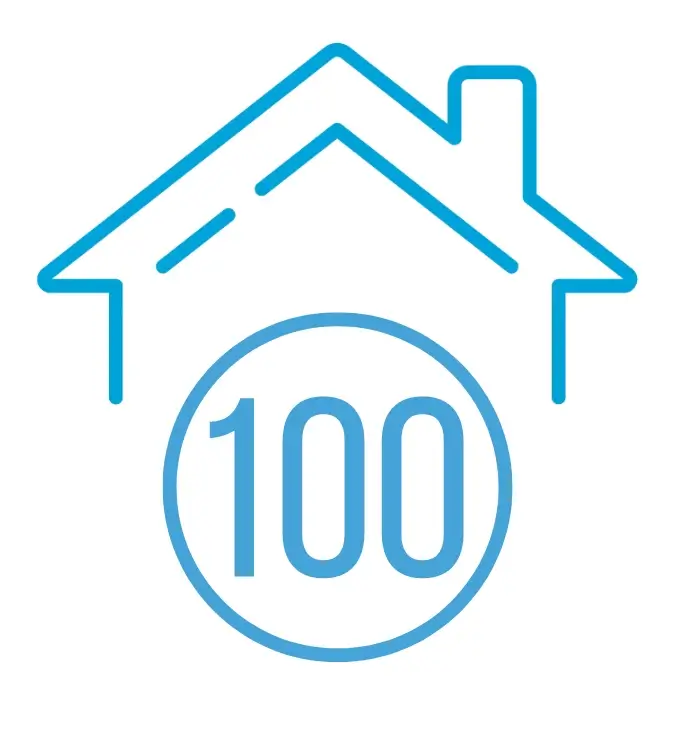
The Residential 100 is a combination of an FHA first mortgage and a second mortgage that covers all of the required down payment. Qualified borrowers can purchase their primary residence with $0 down – and in some cases up to 1.5% can also be financed toward closing costs.
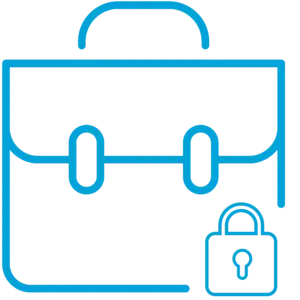
A portfolio mortgage loan is a type of mortgage loan that is originated and held by a lender or financial institution in their own portfolio of loans. This allows lending requirements to be more flexible than the standards set by Fannie Mae and Freddie Mac, but the rates may be higher to cover the increased risk held by the lender.
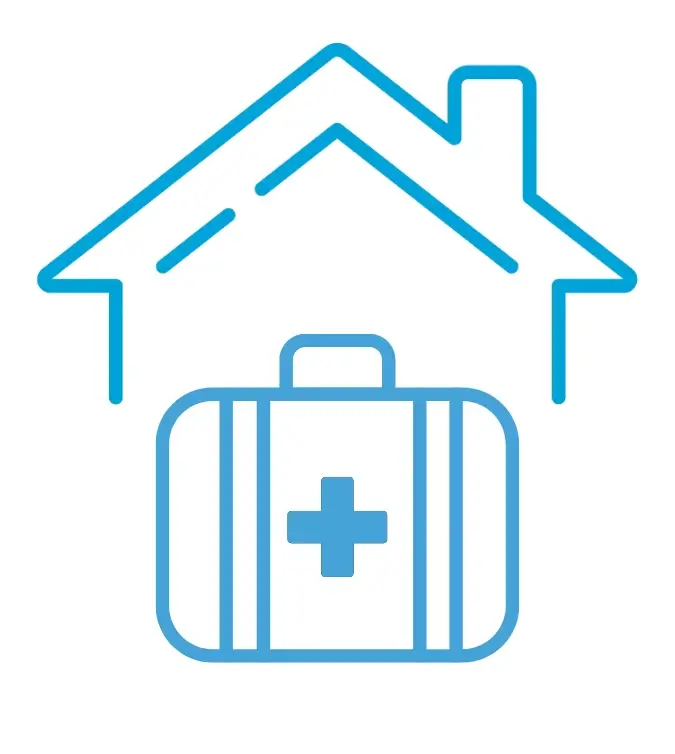
The Traveling Nurse program is a specialty program for nursing professionals who work on short term contracts and in temporary locations – income that otherwise may not be acceptable for other loan programs. Special consideration can be given for deferred student loans as well.